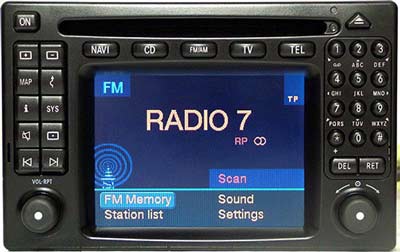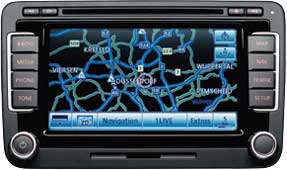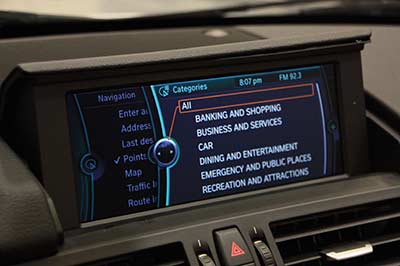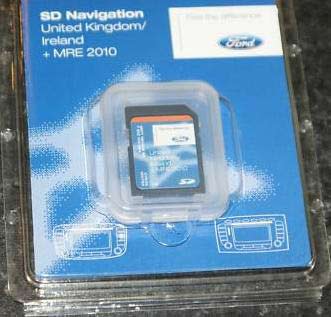
Mercedes CLK (W209) Comand 2.0 High-Line Satellite Navigation Repairs
The Mercedes CLK (W209) chassis does come with the optional Comand 2.0 High-Line Sat Nav unit. This unit has also been found fitted to the W208 and W210 chassis but possibly retro-fit as we’ve not confirmed whether Mecedes did fit these at factory to such models. The Comand…



